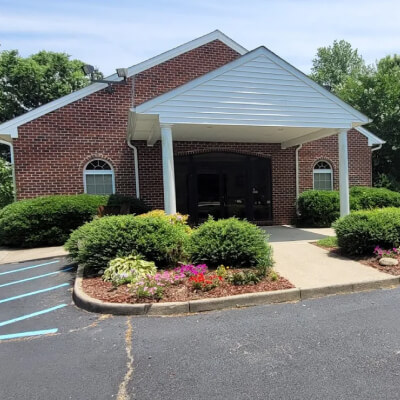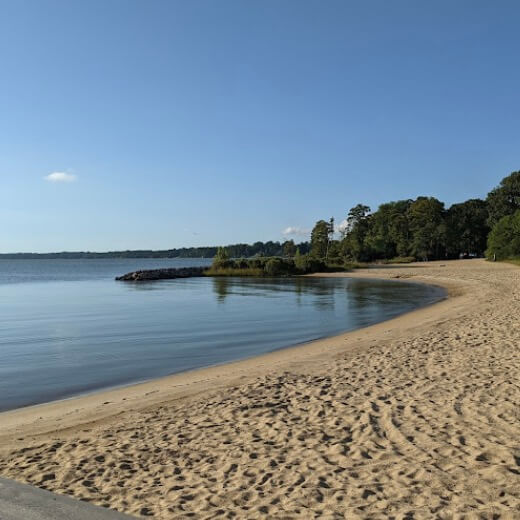
C.B.A.D.
CBAD stands for Could've Been A Disaster! We'll take a break from worrying to celebrate the disasters that could have happened... but never did!
Why? Turn your worries into wins.
Research [1, 2] suggests that thinking about how things could have been worse is linked with better psychological health and can help people feel relief and gratitude. Studies even suggest this type of thinking can be particularly effective for people with anxiety, helping them regulate emotions and reduce worry.
Your flight could have been canceled, but it wasn't. That important email could have gone to spam, but it made it through. This practice helps us flip our disaster-thinking brain into a gratitude-generating machine. The idea for this gathering came from a conversation on Grateful.org with Dr. Joel Wong.
1. https://pmc.ncbi.nlm.nih.gov/articles/PMC2408534/
2. https://psycnet.apa.org/doiLanding?doi=10.1037%2Fa0017905
What? Reflect, share, connect.
- 5min - Introduction + examples.
- 7min - Private journaling. Answer "What could have gone wrong today, but didn't."
- 7min - "What could have gone right today, and did!"
- 7min - "What is something in your life that you're extremely grateful for that almost didn't happen."
- 20min - Close journals. Partner conversations.
- 5min - Closing.
When & Where?

Enter through the front doors. Follow the signs to the fellowship hall in the back.

Park in the grass parking lot and we'll walk down together. Our actual event space may change depending on time of day, weather, etc.
Who's invited?
You'll fit right in if...
- You believe that being neighborly (toward yourself and others) is a skill and you want to practice.
- You can avoid talking about money, religion, and politics for a few hours.
- You're excited to listen to and learn from the other people in the group without reacting or giving advice.
Can't attend? Here are some external groups and events you might like just as much...